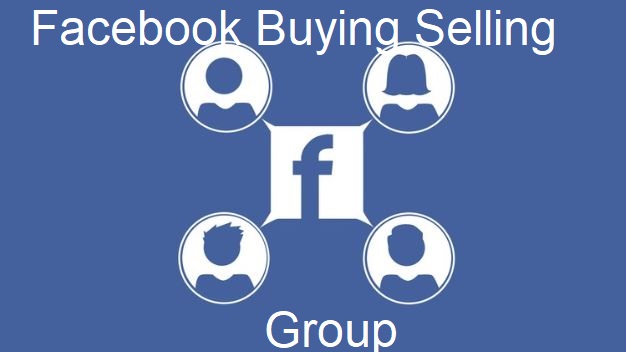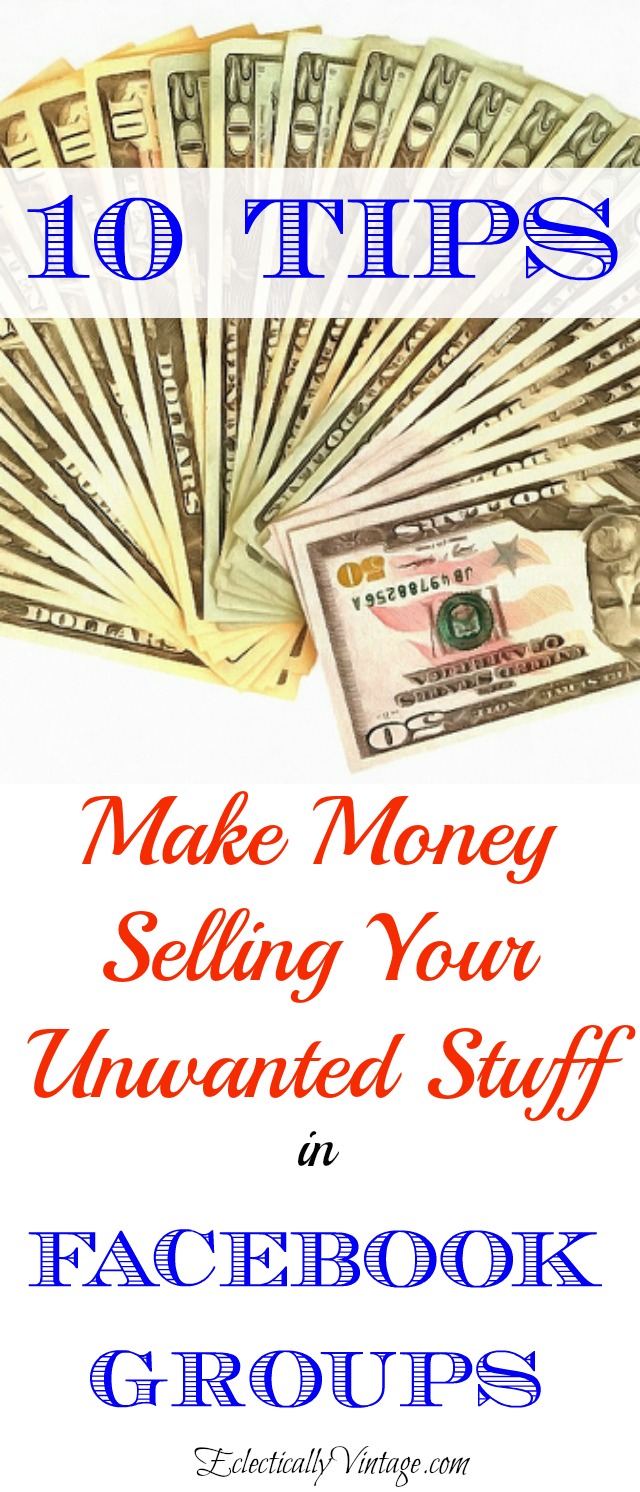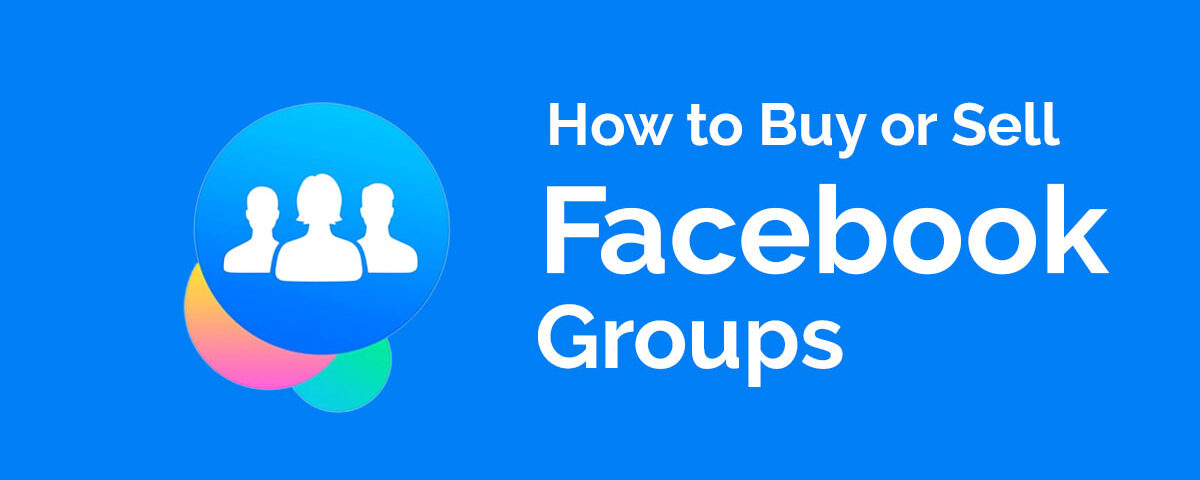Unlocking the Potential of Your Facebook Group
Facebook groups have become an essential tool for businesses, organizations, and individuals looking to connect with their audience, share information, and build a community. With over 1.8 billion monthly active users on Facebook, groups offer a unique opportunity to reach a targeted audience and drive engagement. But can you sell Facebook groups? The answer is yes, and it’s becoming increasingly popular. A well-managed Facebook group can become a valuable asset, generating revenue through various monetization strategies. In this article, we’ll explore the potential of Facebook groups and provide a step-by-step guide on how to monetize and sell them.
Facebook groups offer a range of benefits, including increased engagement, improved customer loyalty, and enhanced brand awareness. By creating a group around a specific niche or interest, you can attract a dedicated audience and establish yourself as an authority in your field. As your group grows, you can leverage its value to generate revenue through sponsored content, affiliate marketing, and selling products or services.
However, before you can sell your Facebook group, you need to build its value. This involves creating high-quality content, engaging with your audience, and growing your membership. By focusing on these key areas, you can increase your group’s visibility, credibility, and ultimately, its value. In the next section, we’ll explore Facebook’s group monetization policies and guidelines, including the rules for selling products, services, and affiliate marketing.
Understanding Facebook’s Group Monetization Policies
Before you can start monetizing your Facebook group, it’s essential to understand the platform’s policies and guidelines. Facebook has strict rules in place to ensure that groups are used for legitimate purposes and that users are not misled or deceived. If you’re wondering, “Can you sell Facebook groups?” the answer is yes, but you must comply with Facebook’s policies.
Facebook’s group monetization policies are outlined in the platform’s Terms of Service and Community Standards. These policies prohibit groups from engaging in activities such as spamming, phishing, or promoting hate speech. Groups must also comply with Facebook’s advertising policies, which prohibit the promotion of certain products or services, such as tobacco, firearms, or adult content.
In terms of selling products or services within a group, Facebook allows groups to promote their own products or services, but they must comply with the platform’s commerce policies. This includes ensuring that all transactions are secure and that users are not misled or deceived. Facebook also prohibits groups from engaging in affiliate marketing, unless they comply with the platform’s affiliate marketing policies.
It’s also important to note that Facebook has rules in place for sponsored content, which includes any content that promotes a product or service. Sponsored content must be clearly labeled as such, and groups must comply with Facebook’s sponsored content policies. Failure to comply with these policies can result in penalties, including the removal of the group or the suspension of the group’s administrator.
By understanding Facebook’s group monetization policies, you can ensure that your group is compliant and that you’re not at risk of penalties. In the next section, we’ll explore how to build a valuable Facebook group, including strategies for creating relevant content, moderating discussions, and growing membership.
How to Build a Valuable Facebook Group
Building a valuable Facebook group requires a strategic approach to creating engaging content, moderating discussions, and growing membership. By focusing on these key areas, you can increase your group’s visibility, credibility, and ultimately, its value. So, can you sell Facebook groups? Yes, but first, you need to build a group that’s worth selling.
Creating relevant content is crucial to building a engaged and active Facebook group. This includes posting high-quality content that resonates with your audience, such as informative articles, engaging videos, and thought-provoking questions. By posting content that adds value to your audience, you can increase engagement rates, encourage discussion, and attract new members.
Moderating discussions is also essential to building a valuable Facebook group. This includes responding to comments, answering questions, and addressing concerns in a timely and professional manner. By moderating discussions, you can create a safe and supportive community that encourages open communication and fosters meaningful relationships.
Growing membership is another critical aspect of building a valuable Facebook group. This includes promoting your group through social media, email marketing, and other channels, as well as optimizing your group’s visibility through Facebook’s algorithm. By growing your membership, you can increase your group’s reach, engagement, and ultimately, its value.
Additionally, using Facebook’s built-in features, such as Facebook Live, Facebook Polls, and Facebook Events, can help to increase engagement and attract new members. By leveraging these features, you can create a dynamic and interactive community that encourages participation and fosters a sense of belonging.
By focusing on creating engaging content, moderating discussions, and growing membership, you can build a valuable Facebook group that attracts and retains a loyal audience. In the next section, we’ll explore how to assess the value of your Facebook group, including metrics such as engagement rates, member demographics, and content quality.
Assessing the Value of Your Facebook Group
Evaluating the value of a Facebook group is crucial to determining its potential for monetization. So, can you sell Facebook groups? Yes, but first, you need to assess the value of your group. To do this, you’ll need to consider several key metrics, including engagement rates, member demographics, and content quality.
Engagement rates are a key indicator of a group’s value. This includes metrics such as likes, comments, shares, and reactions. A group with high engagement rates is more likely to attract and retain a loyal audience, which can increase its value. To evaluate engagement rates, you can use Facebook’s built-in analytics tools, such as Facebook Insights.
Member demographics are also an important factor in assessing the value of a Facebook group. This includes information such as age, location, interests, and behaviors. A group with a targeted and engaged audience is more likely to attract advertisers and sponsors, which can increase its value. To evaluate member demographics, you can use Facebook’s built-in analytics tools, such as Facebook Audience Insights.
Content quality is another key metric to consider when assessing the value of a Facebook group. This includes the type of content posted, its relevance to the audience, and its engagement rates. A group with high-quality content is more likely to attract and retain a loyal audience, which can increase its value. To evaluate content quality, you can use metrics such as engagement rates, comments, and shares.
Additionally, you can also consider other metrics such as group size, growth rate, and member retention. A group with a large and growing audience is more likely to attract advertisers and sponsors, which can increase its value. By evaluating these metrics, you can get a comprehensive understanding of your group’s value and potential for monetization.
By assessing the value of your Facebook group, you can determine its potential for monetization and make informed decisions about how to grow and engage your audience. In the next section, we’ll explore various monetization options for Facebook groups, including sponsored content, affiliate marketing, selling products or services, and membership or subscription-based models.
Exploring Monetization Options for Your Facebook Group
Once you’ve built a valuable Facebook group, you can start exploring various monetization options. So, can you sell Facebook groups? Yes, but first, you need to consider the different ways to monetize your group. In this section, we’ll discuss various monetization options, including sponsored content, affiliate marketing, selling products or services, and membership or subscription-based models.
Sponsored content is a popular way to monetize a Facebook group. This involves partnering with brands to promote their products or services to your audience. You can use Facebook’s branded content tool to tag the brand and disclose the partnership to your audience. Sponsored content can be a lucrative way to monetize your group, but it’s essential to ensure that the content aligns with your audience’s interests and needs.
Affiliate marketing is another way to monetize your Facebook group. This involves promoting products or services from other companies and earning a commission on sales. You can join affiliate programs like Amazon Associates or Commission Junction to find products to promote. Affiliate marketing can be a profitable way to monetize your group, but it’s essential to disclose your affiliation with the product or service to your audience.
Selling products or services is a direct way to monetize your Facebook group. This involves creating and selling digital or physical products to your audience. You can use Facebook’s shop feature to sell products directly from your group. Selling products or services can be a lucrative way to monetize your group, but it’s essential to ensure that the products or services align with your audience’s interests and needs.
Membership or subscription-based models are another way to monetize your Facebook group. This involves offering exclusive content, discounts, or services to members who pay a monthly or annual fee. You can use Facebook’s membership feature to create a membership program for your group. Membership or subscription-based models can be a profitable way to monetize your group, but it’s essential to ensure that the benefits align with your audience’s interests and needs.
By exploring these monetization options, you can find the best way to monetize your Facebook group and start generating revenue. In the next section, we’ll discuss how to negotiate the sale of your Facebook group, including determining a fair price, finding potential buyers, and ensuring a smooth transfer of ownership.
Negotiating the Sale of Your Facebook Group
Once you’ve decided to sell your Facebook group, it’s essential to negotiate the sale effectively. So, can you sell Facebook groups? Yes, but first, you need to determine a fair price, find potential buyers, and ensure a smooth transfer of ownership. In this section, we’ll provide guidance on how to negotiate the sale of your Facebook group.
Determining a fair price for your Facebook group is crucial to negotiating a successful sale. You can use various methods to determine the value of your group, including evaluating its engagement rates, member demographics, and content quality. You can also research similar groups that have been sold in the past to determine a fair market value.
Finding potential buyers for your Facebook group can be a challenging task. You can use various channels to find buyers, including social media, online marketplaces, and industry-specific forums. You can also reach out to potential buyers directly and pitch your group as a valuable asset.
Ensuring a smooth transfer of ownership is essential to completing the sale of your Facebook group. You can use Facebook’s built-in features to transfer ownership of the group, including updating group settings and notifying members. You can also provide the buyer with detailed information about the group, including its history, engagement rates, and content quality.
When negotiating the sale of your Facebook group, it’s essential to be transparent and open with the buyer. You should provide the buyer with all the necessary information about the group, including its strengths and weaknesses. You should also be prepared to answer any questions the buyer may have and provide additional information as needed.
By following these tips, you can negotiate a successful sale of your Facebook group and ensure a smooth transfer of ownership. In the next section, we’ll provide step-by-step instructions on how to transfer ownership of a Facebook group, including updating group settings, notifying members, and ensuring continuity.
Best Practices for Transferring Ownership of a Facebook Group
Transferring ownership of a Facebook group can be a complex process, but it’s essential to ensure a smooth transition for the new owner. So, can you sell Facebook groups? Yes, but first, you need to follow best practices for transferring ownership. In this section, we’ll provide step-by-step instructions on how to transfer ownership of a Facebook group.
Step 1: Update Group Settings
The first step in transferring ownership of a Facebook group is to update the group settings. This includes adding the new owner as an administrator and updating the group’s description and keywords. You can do this by going to the group’s settings page and clicking on the “Edit Group Settings” button.
Step 2: Notify Members
Notifying members of the group is essential to ensure a smooth transition. You can do this by posting a message in the group announcing the change in ownership and introducing the new owner. You can also use Facebook’s built-in feature to notify members of the change.
Step 3: Ensure Continuity
Ensuring continuity is essential to maintaining the group’s engagement and activity. You can do this by providing the new owner with detailed information about the group, including its history, engagement rates, and content quality. You can also offer to assist the new owner in managing the group for a period of time.
Step 4: Transfer Ownership
The final step in transferring ownership of a Facebook group is to transfer ownership of the group. You can do this by going to the group’s settings page and clicking on the “Transfer Ownership” button. You will need to enter the new owner’s email address and confirm the transfer.
By following these steps, you can ensure a smooth transfer of ownership of your Facebook group. In the next section, we’ll provide tips on how to maximize the value of your Facebook group sale, including highlighting the group’s unique features, showcasing engagement metrics, and demonstrating potential for growth.
Maximizing the Value of Your Facebook Group Sale
When selling your Facebook group, it’s essential to maximize its value to attract potential buyers and negotiate a fair price. So, can you sell Facebook groups? Yes, but first, you need to highlight the group’s unique features, showcase engagement metrics, and demonstrate potential for growth.
Highlighting the group’s unique features is crucial to differentiating it from other groups and attracting potential buyers. This includes highlighting the group’s niche or topic, its engagement rates, and its member demographics. You can also highlight any unique features or benefits that the group offers, such as exclusive content or expert advice.
Showcasing engagement metrics is also essential to demonstrating the group’s value and potential for growth. This includes metrics such as likes, comments, shares, and reactions. You can also showcase the group’s growth rate, including the number of new members and the increase in engagement over time.
Demonstrating potential for growth is also crucial to attracting potential buyers and negotiating a fair price. This includes highlighting the group’s potential for expansion, including new markets or niches, and its potential for increasing engagement and revenue. You can also demonstrate the group’s potential for collaboration with other groups or influencers.
By highlighting the group’s unique features, showcasing engagement metrics, and demonstrating potential for growth, you can maximize the value of your Facebook group sale and attract potential buyers. Remember to also provide detailed information about the group, including its history, engagement rates, and content quality, to ensure a smooth transfer of ownership.







